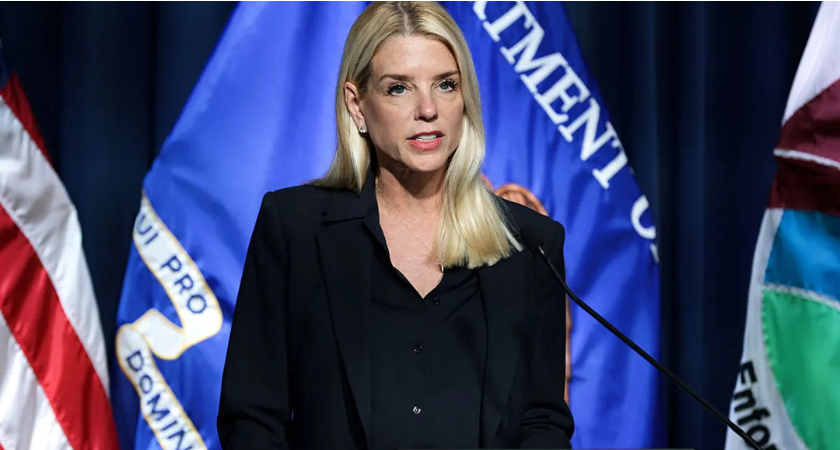
The Department of Justice’s latest guidance has put many employers on alert over how they design and implement diversity, equity, and inclusion (DEI) initiatives. While not legally binding, the July 29 memo from the Office of the Attorney General provides a roadmap of potential enforcement strategies that the DOJ — and likely the U.S. Equal Employment Opportunity Commission (EEOC) — may pursue in the coming months.
“Construction starts reversed course in July, offsetting the strong gains made in June,” said Eric Gaus, chief economist at Dodge Construction Network. “The latest data reinforced trends we have been watching since the beginning of the year.”

Although the guidance is technically limited to recipients of federal financial assistance, labor attorneys caution that its principles will almost certainly extend to all employers under Title VII of the Civil Rights Act. In practice, this means that private-sector businesses could face new compliance risks if their DEI programs rely on the kinds of practices the DOJ warns against.
Below are the three key employment-related areas of concern highlighted in the memo:
The DOJ memo reiterates that employment decisions — whether hiring, promotion, or advancement — cannot be based on race, sex, or other protected characteristics.
The agency specifically raised concerns about “diverse slate” hiring requirements. The memo warns that such practices are “likely unlawful,” echoing prior positions taken by the EEOC and the U.S. Office of Personnel Management.
The takeaway: federal scrutiny will extend not only to final employment outcomes, but also to the processes leading up to them. As a result, employers must ensure recruitment, promotion, and evaluation procedures remain firmly merit-based.
A major DOJ focus is the use of “proxies” — neutral-seeming criteria that, in practice, serve as substitutes for considering protected characteristics.
According to the memo, proxies may be unlawful if:
This intent-driven analysis raises concerns around common recruiting practices. For example, recruiting at historically Black colleges and universities (HBCUs) could face scrutiny if the stated goal is to diversify the applicant pool. The DOJ warns that this may be viewed as using the HBCU as a proxy for race.
However, the memo suggests employers can defend the practice if they recruit at HBCUs — or any other institution — based on the quality of talent rather than the demographics of students.
The broader lesson: companies must frame recruiting around skills and merit, not demographic outcomes. “Because intent matters, so do the words we use and the documentation we maintain,” the memo emphasizes.

The DOJ cautions against segregation of resources or programs based on protected traits, even when intended to promote inclusion.
This issue often arises with employee resource groups (ERGs), where access might be explicitly or “functionally” limited by race, gender, or identity. According to the DOJ and OPM:
The memo also raises the sensitive issue of sex-separated facilities, stating:
“Federally funded institutions that allow males, including those self-identifying as ‘women,’ to access to single-sex spaces designed for females — such as bathrooms, showers, lockers or dormitories — undermine the privacy, safety, and equal opportunity of women and girls.”
This stance mirrors earlier DOJ and EEOC positions but contrasts with certain state and local protections for gender identity. For employers, this creates a complex legal balancing act between federal guidance and state-level requirements.
While the memo’s scope goes beyond the workplace — covering academia and other federally funded institutions — its employment-related implications are significant.
Labor attorney Jonathan Segal advises employers to review DEI programs holistically, including recruiting practices, ERG structures, and any “diverse slate” policies. Even without the force of law, the DOJ memo signals a clear enforcement posture that other agencies are expected to follow.
Employers that fail to adapt may risk EEOC investigations, DOJ enforcement, and litigation exposure under Title VII.
As Segal notes:
Employers should “read the DOJ memo in its entirety” to fully assess potential exposure and recalibrate DEI practices accordingly.
Originally reported by Jonathan Segal in Construction Dive.